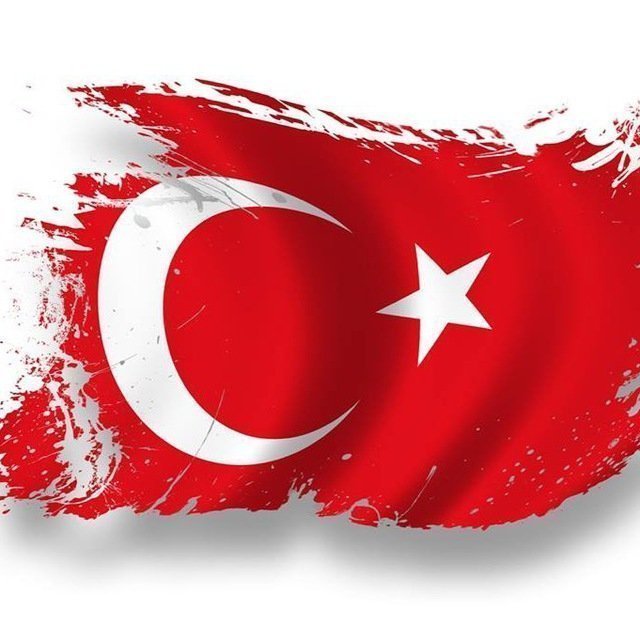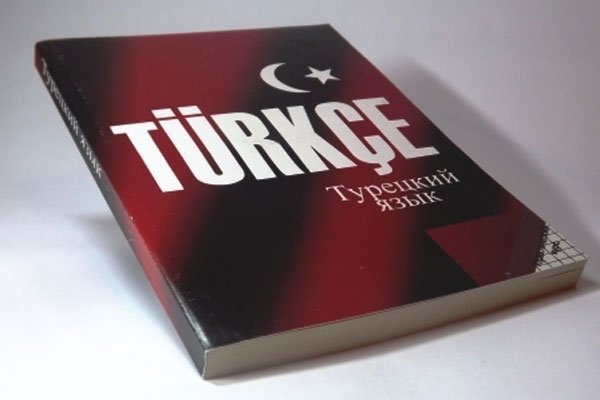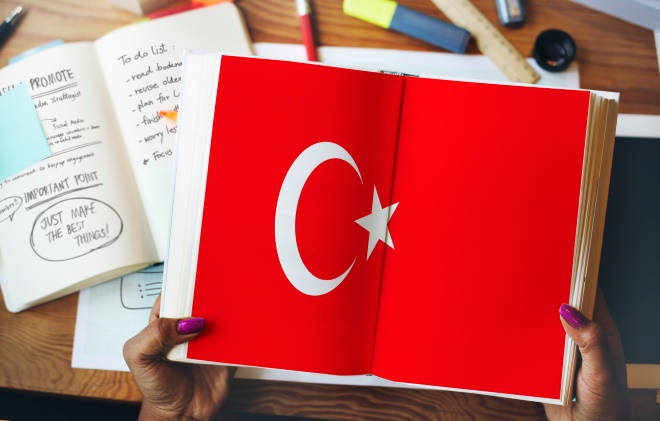
Language of Turkey
The official language of the state is Turkish. However, depending on the area, Gagauz, Kurdish, Kabardian, Azerbaijani and other languages are also used.

But for a traveler arriving in Turkey from England, Germany or France, there will be no language barrier - European languages are widely spoken in the tourism sector. In the resorts of Antalya and in some areas of Istanbul, local residents understand Russian well, so you can communicate and make purchases without fear of being misunderstood.
A phrasebook will make your stay in the country much easier. You don’t have to learn the Turkish language at all, just get a small dictionary. You will find the most common phrases and expressions on the pages of a small book that is offered at airports, train stations, kiosks and shops. The written language in the country is represented exclusively by the Latin alphabet, since writing in Arabic letters in Turkish is prohibited by local law.

After Turkey was declared a Republic, Persian and Arabic words and expressions were replaced by Turkish ones, and citizens of the country were obliged to communicate and write only in Turkish. Until 1991, television and radio broadcasts, as well as publications in other languages, were prohibited in Turkey.
Arabic and Western European languages were taught in educational institutions (as a “foreign language”). Currently, restrictions on the use of languages have been lifted, which has made it possible for Turks to speak English, Russian, German or other languages.
The Turkish alphabet has 29 letters (8 vowels and 21 consonants), but when written in decorative fonts, many of the characters are easy to confuse, so similar are the letters visually. When reading the names of streets and geographical objects, a tourist may experience certain difficulties.

In addition, in Turkey there are a huge number of settlements with identical names, which creates additional confusion. For example, the name “Karaagach” appears over four dozen times on a detailed map of the country!
It is often very difficult for an unprepared Russian to pronounce a phrase in Turkish correctly. The fact is that the Turkish language is rich in dialects, the main of which is Istanbul. Some sounds need to be pronounced smoothly, others more sharply. Depending on intonation and stress, the meaning of what is said can vary greatly.
If you learn at least a little Turkish, it will be much easier for you to communicate with the local population (with sellers at the bazaar and in supermarkets, hotel staff, drivers, etc.). Turks are very respectful of people who have an understanding of their traditional way of life, way of life and national language. Do not neglect this simple rule - and enjoy a pleasant holiday in a beautiful country!

Greeting – traditionally pronounced in Turkish as “merhaba” (hello) or “selam” (hello). If it is difficult for you to pronounce the word “Allahysmaraladyk”, which means “goodbye!”, use the simpler word form “gule-gule” (happily!). When you say thank you for something, say “teshekkur ederim,” when apologizing, say “affedersiniz.” Simple words “yes” and “no”, respectively, sound like “evet” and “khaiyr”. Questions like “where?” and where?" pronounced in Turkish, resemble each other “nerede?”, “nereye?”.
Be careful when pronouncing interrogative phrases, looking for the desired geographical object! Or use the services of an English-speaking or Russian-speaking guide. As an alternative, there is another option for communication - the Turks have a well-developed language of gestures and facial expressions.
